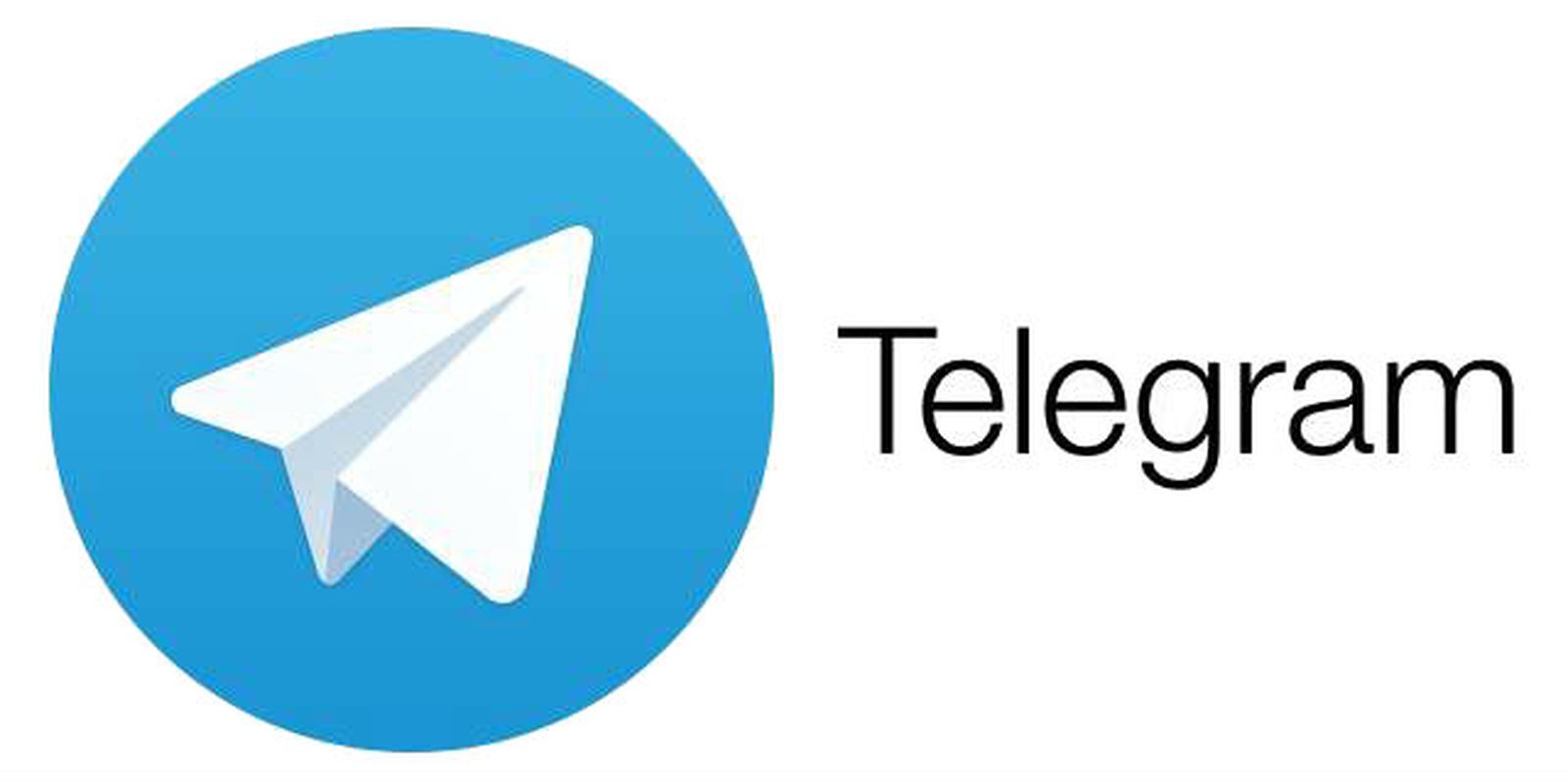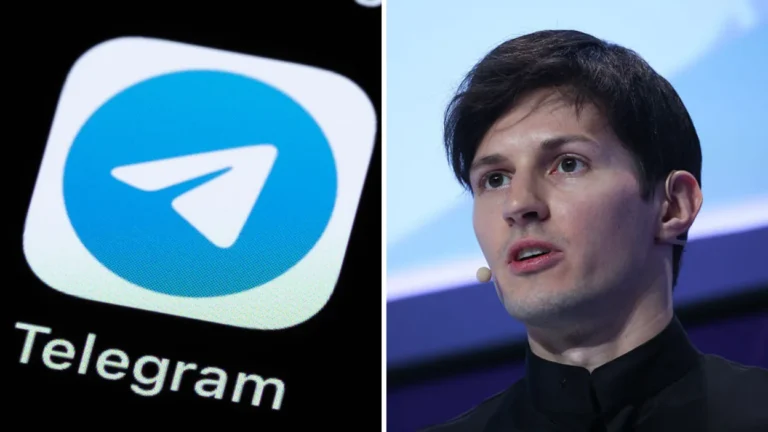Telegram, the widely used messaging application, has recently asserted its unwavering commitment to European Union (EU) regulations, particularly emphasizing its adherence to the Digital Services Act (DSA). The company has made clear that its content moderation practices align with industry norms and are continually evolving. In an official statement, Telegram underscored, “Telegram abides by EU laws, including the Digital Services Act – its moderation is within industry standards and constantly improving.” This statement also highlighted that Telegram’s CEO, Pavel Durov, frequently travels across Europe, suggesting that the company’s operations are transparent and free from any hidden agendas.
Context of Pavel Durov’s Arrest
The assertion of compliance comes in the wake of a notable incident involving Pavel Durov, who was recently detained by French authorities at an airport. This arrest appears to be linked to a criminal complaint concerning Telegram’s content moderation practices. French officials have reportedly criticized the platform for not adequately addressing certain types of content, leading to potential criminal implications. Although a formal charge sheet has yet to be released, preliminary media reports indicate that the prosecutors might hold Durov and Telegram responsible for allegedly facilitating or organizing criminal activities through the platform.
Telegram’s Defense and Industry Challenges
In light of these developments, Telegram has staunchly defended its operational practices. The company contends that holding a platform or its owner accountable for the misuse of the platform by its users is unreasonable. Telegram emphasized, “It is absurd to claim that a platform or its owner is responsible for abuse of that platform.” The company asserts that it is continuously working to enhance its content moderation efforts while striving to meet legal standards.
This defense aligns with a broader context of the challenges faced by social media platforms globally. Telegram’s CEO, Pavel Durov, had previously anticipated such challenges. In a March 2024 post, Durov had predicted potential issues related to the company’s growth and content moderation policies. He noted, “All large social media apps are easy targets for criticism due to the content they host. I can’t recall any major social platform whose moderation has been consistently praised by traditional media.” Durov compared Telegram’s situation to that of Meta, observing that despite facing significant media criticism over its moderation practices, Meta achieved a trillion-dollar valuation. He suggested that Telegram might undergo similar growth pains before reaching comparable success.
Diplomatic and Financial Reactions
The arrest of Pavel Durov has not only captured widespread attention but has also led to diplomatic interventions. The Russian embassy in France has sought clarification from French authorities about Durov’s detention and demanded protection of his rights and consular access. The embassy stated, “After news appeared in the media about the detention of P.V. Durov, we immediately requested clarification from the French authorities regarding the reasons and demanded the protection of his rights and the provision of consular access. As of today, the French side has so far avoided cooperation on this issue.” This response illustrates the diplomatic dimension of the unfolding situation, with Russian authorities actively advocating for Durov.
In addition to diplomatic responses, the incident has affected the cryptocurrency ecosystem linked to Telegram. For instance, Toncoin (TON), a cryptocurrency associated with the platform, has experienced varied market reactions. According to CoinDesk Indices, Toncoin has mitigated its losses and is down by 2.45% on the day, reflecting the broader impact of the news on the financial landscape related to Telegram.
Broader Implications and Future Outlook
The ongoing events underscore the complexities tech companies face in balancing content moderation with regulatory compliance. As Telegram navigates these legal challenges and strives to uphold its compliance with EU regulations, the scrutiny from regulators and industry observers is likely to intensify. The situation highlights the broader issues confronting social media platforms, including the challenge of managing user-generated content while adhering to diverse legal and ethical standards.
As developments continue, the tech industry will be closely watching how Telegram addresses these challenges and whether it can effectively navigate the regulatory landscape while maintaining its growth trajectory.



Leave a Comment